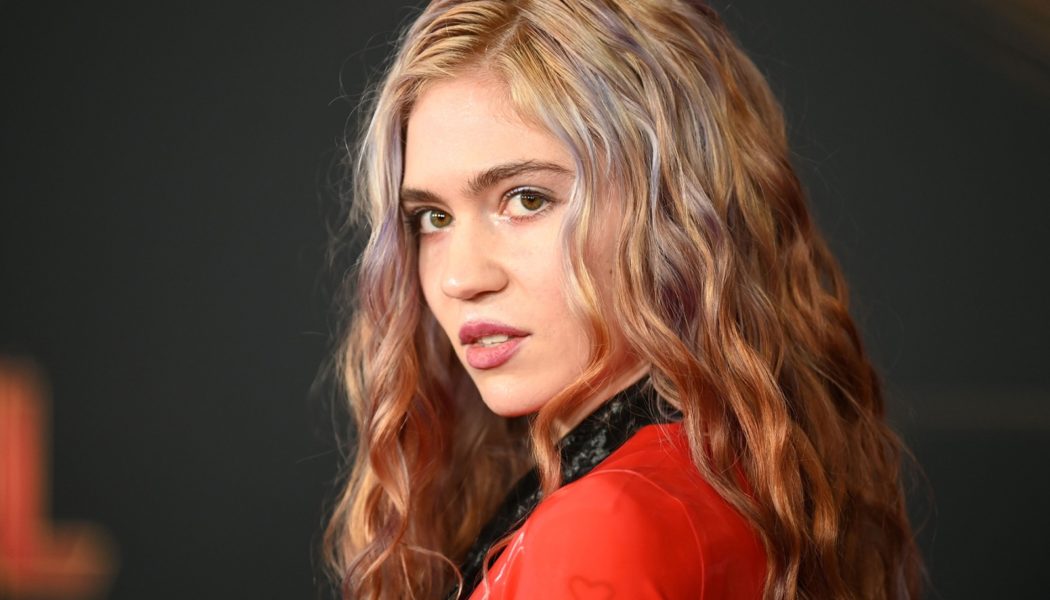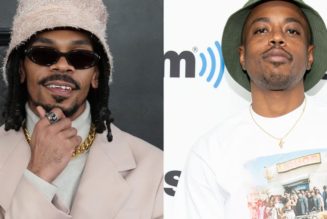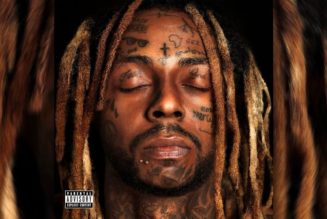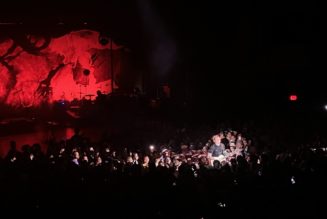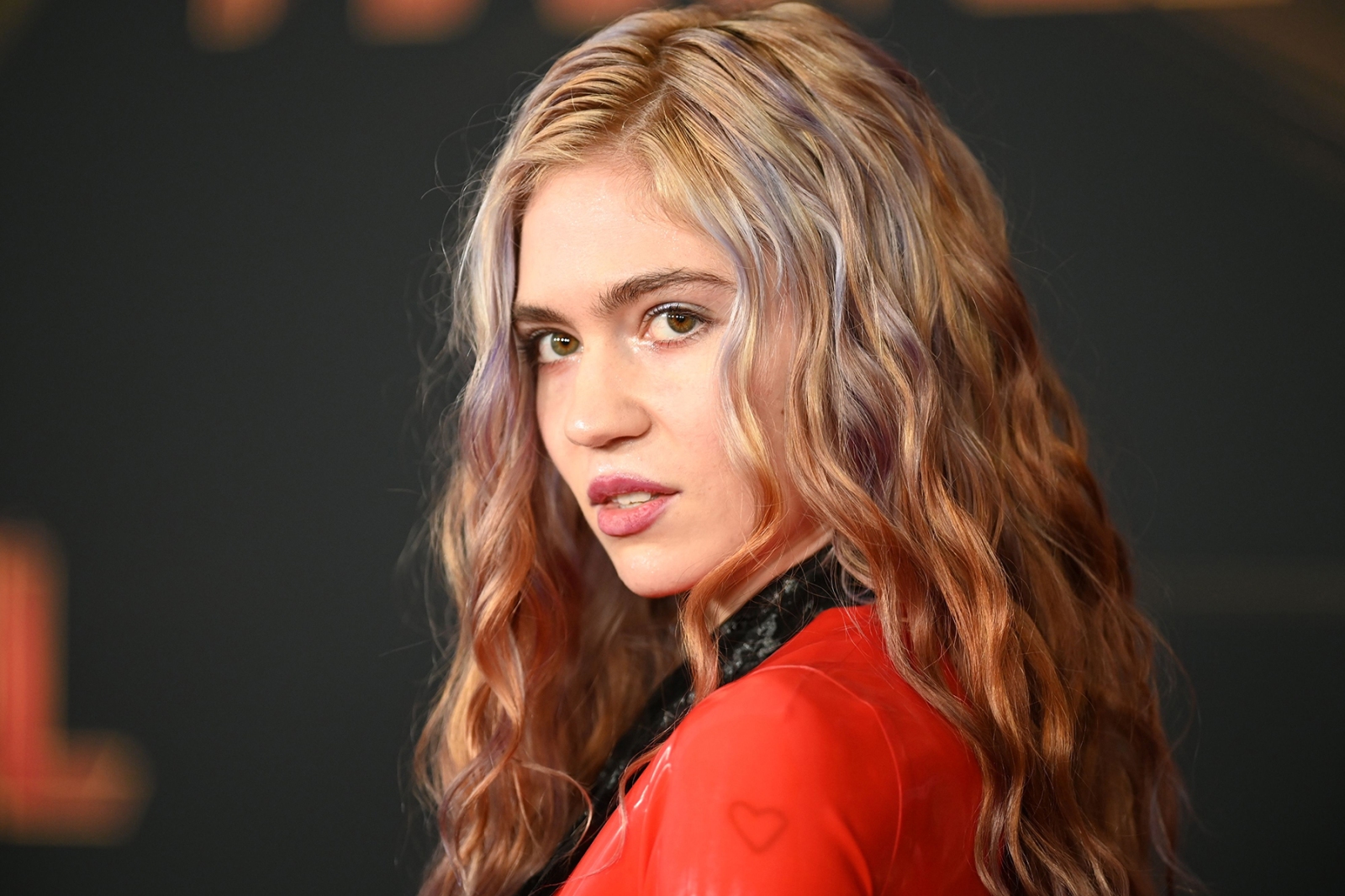
When the anonymous songwriter/producer Ghostwriter777 recently dropped “Heart on My Sleeve,” a song built around the AI-cloned voices of Drake and The Weeknd, Universal Music Group moved instantly to remove it from streaming services. But one artist has reacted very differently to the emerging technology. Grimes, whose last album was 2020’s Miss Anthropocene, announced via Twitter on April 23 that anyone can use AI models of her voice “without penalty,” and that she’d split royalties 50/50 with the creator of any successful song doing so. It wasn’t an idle offer; this weekend, she put up an online platform at elf.tech that allows users to post Grimes-infused songs on Spotify and other streaming services under the name GrimesAI-1.
In the new episode of Rolling Stone Music Now, Grimes’ manager, Daouda Leonard, explains their thinking, and goes deep on how artificial intelligence may reshape music. Find the episode here at the podcast provider of your choice, go directly to Apple Podcasts or Spotify, or just press play above.
Fundamentally, Leonard says, Grimes sees music as a gift to be shared, not hoarded. “She often says that creativity is a conversation with those who came before us and those who are going to come after us,” he says. “And so the idea is that instead of her attempting to control what is a gift from the universe, she’s like, ‘Well, let me open-source that. Let me allow people to access what the universe gave me as a gift. And if I do that, what are the new experiences that can be created out of that?’”
Leonard and Grimes also see voice-cloning as akin to fan-fiction or fan-created artwork. “What’s the difference between this and what people have been doing with properties like League of Legends, Harry Potter, Star Wars, etcetera, where they’re making all of this amazing fan art and they’re also monetizing that amazing fan art? That’s a beautiful relationship between the consumer and the fan and the creators of that IP. And so that’s what we’re jumping on. That’s what we’re excited about.”
Despite that enthusiasm, Leonard accepts Universal’s decision to push for the takedown of the fake Drake/the Weeknd song, and agrees with those who saw that recording as demeaning to the artists and Black music in general. “I agree with them taking it down because it just felt like there was no consent,” he says. “That’s the worst of human behavior coming to haunt us.”
Download and subscribe to Rolling Stone‘s weekly podcast, Rolling Stone Music Now, hosted by Brian Hiatt, on Apple Podcasts or Spotify (or wherever you get your podcasts). Check out six years’ worth of episodes in the archive, including in-depth, career-spanning interviews with Bruce Springsteen, Mariah Carey, Halsey, Neil Young, Snoop Dogg, Brandi Carlile, Phoebe Bridgers, Rick Ross, Alicia Keys, the National, Ice Cube, Taylor Hawkins, Willow, Keith Richards, Robert Plant, Dua Lipa, Questlove, Killer Mike, Julian Casablancas, Sheryl Crow, Johnny Marr, Scott Weiland, Liam Gallagher, Alice Cooper, Fleetwood Mac, Elvis Costello, John Legend, Donald Fagen, Charlie Puth, Phil Collins, Justin Townes Earle, Stephen Malkmus, Sebastian Bach, Tom Petty, Eddie Van Halen, Kelly Clarkson, Pete Townshend, Bob Seger, the Zombies, Gary Clark Jr., and many others. Plus, there are dozens of episodes featuring genre-spanning discussions, debates, and explainers with Rolling Stone’s critics and reporters.
